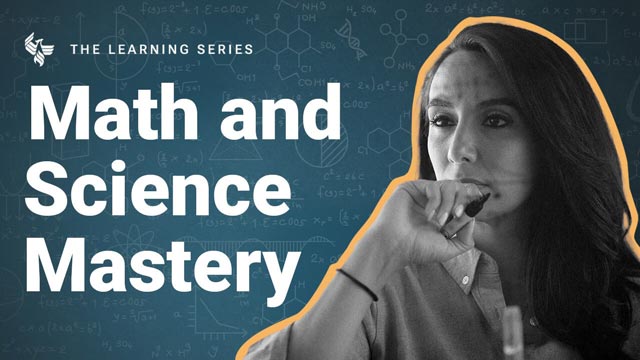How to Learn Math and Science Effectively
Jacquelyn Kelly teaches you that math and science are essential subjects that open doors to a wide range of careers and academic pursuits. However, many students struggle with these subjects due to their abstract nature and complex concepts. If you're one of them, don't worry! With the right approach and dedication, you can excel in math and science.
